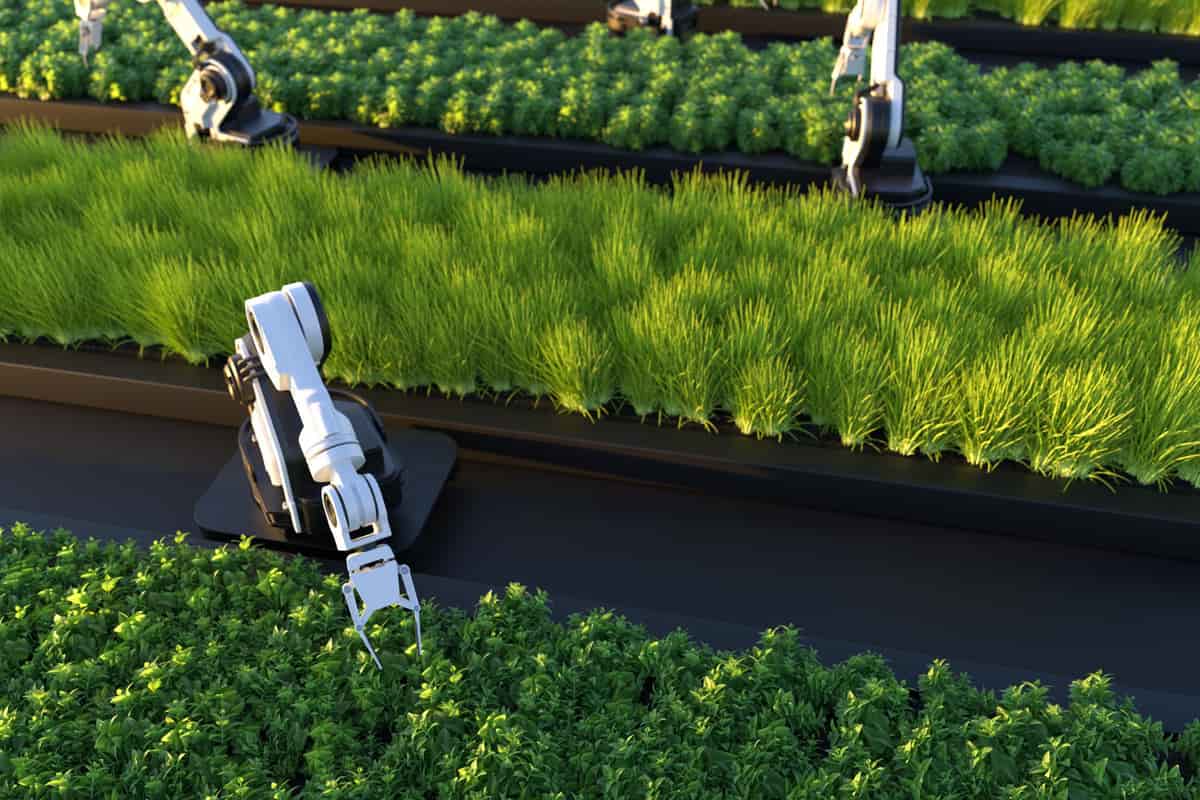Agricultural exports are a critical component of many countries’ economies. However, there are numerous challenges that must be overcome to ensure the success of agricultural exports. Technological advancements have played a significant role in improving the efficiency and productivity of the agriculture industry. This resulted in a significant increase in agricultural exports.
The use of technology in agriculture has revolutionized the way farmers approach their work. The implementation of digital tools such as drones, sensors, and GPS mapping has allowed farmers to monitor their crops more closely and efficiently. This has led to increased yields and a reduction in waste, resulting in a more sustainable and profitable industry. Additionally, precision agriculture techniques such as soil and crop analysis have provided farmers with detailed insights. These insights included things such as the health of their crops, allowing them to make informed decisions about the use of pesticides and fertilizers. This not only benefits the environment but also reduces costs for farmers, which can ultimately lead to lower prices for consumers.
Precision Agriculture and its Impact on Exports
Precision agriculture refers to the use of technology to optimize the production of crops. It does that by measuring and analyzing data on factors such as soil composition, temperature, humidity, and light. This approach allows farmers to make more informed decisions about when and how to plant, fertilize, and harvest their crops. This results in higher yields and better-quality produce. Additionally, precision agriculture reduces the need for pesticides and other chemicals, which can have negative environmental impacts. These services in precision agriculture help farmers to optimize their production and reduce waste, resulting in higher-quality products and increased profits.
Another way technology is improving agricultural exports is through the use of autonomous vehicles, such as drones and tractors. These vehicles can be programmed to carry out tasks such as planting, spraying, and harvesting with precision and efficiency. They reduce the need for manual labor and increase productivity. Autonomous vehicles can also be equipped with sensors and cameras to collect data on crop growth and health. They allow farmers to make more informed decisions about how to manage their crops.
Automation and Robotics in Farming
Robotic technology has made significant strides in recent years. It is now being used in various agricultural applications, including planting, harvesting, and monitoring crops. This technology has numerous benefits, including increased efficiency and reduced labor costs. Additionally, robotic technology can help to improve the quality of products by ensuring that crops are harvested at the optimal time and that the harvesting process is gentle and non-damaging.
One notable example of robotic technology in agriculture is the use of drones. Drones equipped with high-resolution cameras can provide farmers with valuable information on the health and growth of crops, allowing them to identify problem areas and take corrective action quickly. Additionally, drones can be used to monitor livestock, inspect crops for pests and diseases, and even plant seeds. As technology continues to evolve, the use of drones in agriculture is expected to become even more widespread, further improving efficiency and productivity.
Big Data and Predictive Analytics in Agricultural Exports
Blockchain technology is a decentralized digital ledger that allows for secure and transparent transactions. In the agriculture industry, blockchain technology is being used to improve the traceability and transparency of the supply chain, from farm to table. This technology can help to reduce fraud, improve food safety, and increase consumer confidence in the quality of produce. The services in blockchain technology help to ensure the traceability and transparency of the supply chain. This can help to increase the value of agricultural exports.
In addition to improving the traceability and transparency of the supply chain, blockchain technology can also facilitate faster and more secure payment processing for agricultural exports. This can help to reduce transaction costs and increase efficiency, which can benefit both farmers and buyers. The services in blockchain technology can help to streamline payment processing and reduce the risk of fraud or errors, resulting in a more reliable and secure system for agricultural exports.
The Future of Agriculture: Artificial Intelligence and Machine Learning
Drones are being used in various agricultural applications, including crop monitoring, mapping, and spraying. This technology allows farmers to gather data on their crops quickly and efficiently, resulting in better decision-making and higher yields. Additionally, drones can be used to apply pesticides and other chemicals precisely, reducing waste and minimizing environmental impacts. The services in drone technology help farmers to monitor their crops more effectively, resulting in higher yields and increased profits.
Furthermore, technological advancements have played a critical role in improving the efficiency and productivity of the agriculture industry. Precision agriculture, robotics, blockchain technology, and drones are just a few examples of how technology is being used to improve agricultural exports.

